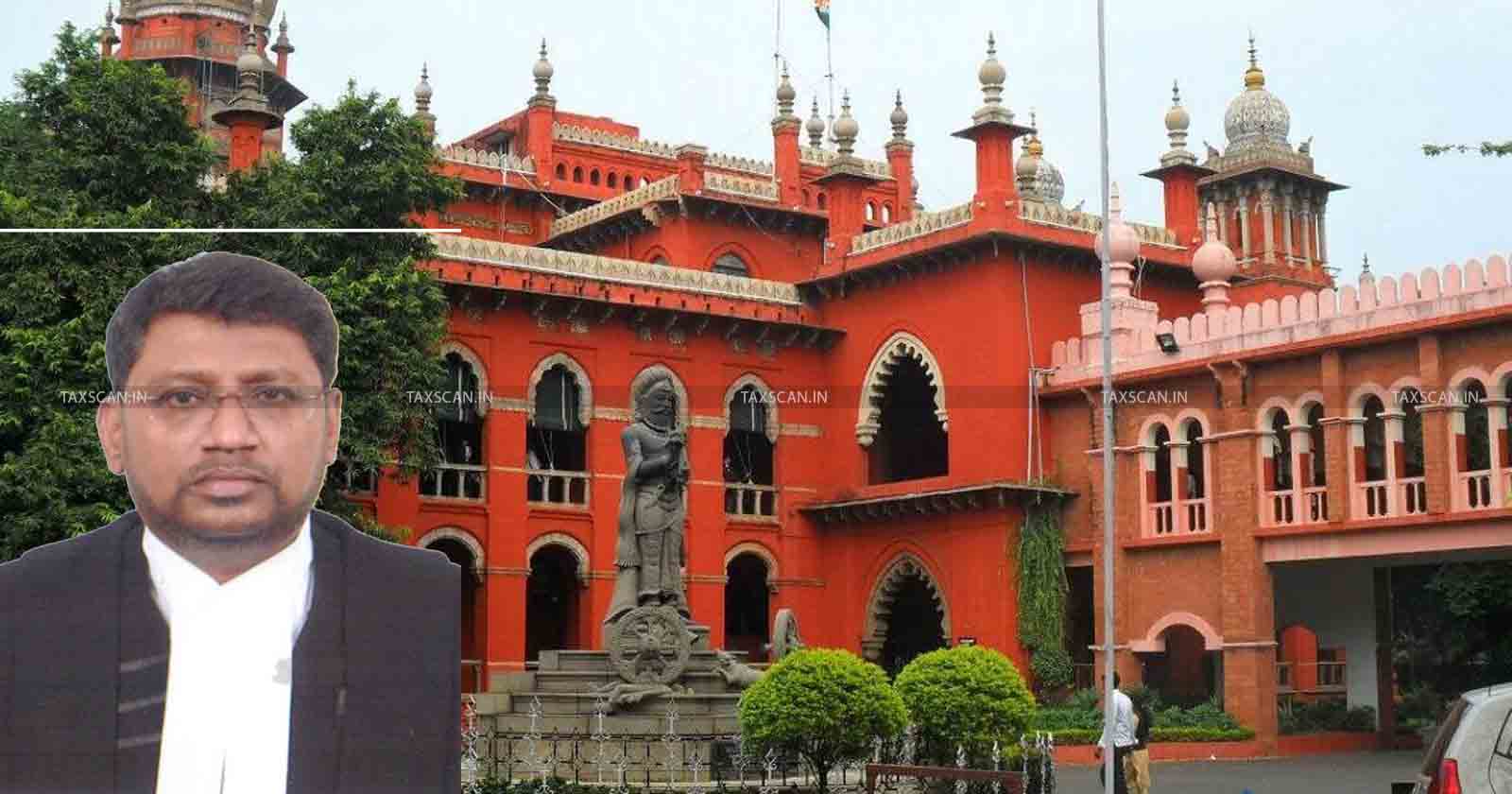Petitioner suffering adverse civil consequences gains locus to challenge: Madras HC allows Writ Petition by Naga Ltd against AAR Ruling to Supplier
In a Landmark move, Madras HC reckons the accrual of locus standi on importer owing to adverse civil effect due to AAR Ruling pertaining Supplier

Adverse civil consequences – civil consequences – gains locus to challenge – Madras High Court – Writ Petition – TAXSCAN
Adverse civil consequences – civil consequences – gains locus to challenge – Madras High Court – Writ Petition – TAXSCAN
A Single Bench of the Madras High Court has allowed the writ petition of Naga Limited, in recognition of it’s locus standi, arising out of civil consequences of AAR Ruling against its supplier, Karaikal Port Pvt. Ltd. The petition was disposed of in favor of the petitioner who assailed the order as being unsustainable on the correctness of the reasoning.
Before examining the correctness or otherwise of the Advance Ruling a preliminary objection was raised that the present writ petition filed by the petitioner challenging the order of the Advance Ruling Authority passed on an application filed by the 2nd respondent is not maintainable inasmuch as the petitioner was not a party before the Advance Ruling Authority. On the other hand, it was submitted by the counsel for the petitioner that the order of the 1st respondent ruling that the transactions between the petitioner and the 2nd respondent is not entitled to exemption in terms of S.No. 54(e) Notification No.12/2017 results in adverse civil consequences on the petitioner inasmuch as the tax burden would ultimately be passed on to the petitioner by the 2nd Respondent.
It was submitted that the writ petition is thus maintainable for the petitioner cannot be left without any remedy to challenge the order of the Advance Ruling Authority when the same results in adverse civil consequences.
While recognising the locus standi of the petitioner, the Madras High Court quashed the 1st Respondent's order for introducing a condition regarding the use of agricultural produce by the service recipient, deeming it irrelevant and arbitrary in determining whether a commodity falls within the notification's definition of "agricultural produce."
The Single Bench of Justice Mohammed Shaffiq highlighted a serious violation in the impugned order, as it impermissibly added conditions to the exemption notification. Consequently, the court held that the order, denying exemption for services related to the imported wheat, was unsustainable, based on the premise that the wheat was intended for further processing rather than the primary market.
In the case of maintainability, it was observed by the bench the petitioner is aggrieved by the impugned order insofar as it Rules that the services rendered to the petitioner by respondent-2 (supplier) is not entitled to exemption in terms of Notification No.12/2017. The impugned Advance Ruling is binding on the 2nd respondent and their jurisdictional officers as per Section 103(1) of the CGST Act.
Resultantly, the 2nd respondent would be compelled to charge CGST/SGST/IGST as the case may be on the supply of services in terms of the impugned Ruling. The petitioner being the service recipient will ultimately have to bear the tax burden resulting in direct financial impact on the petitioner.
The Bench also referred to the decisions in M.Amrutham Petroleum Agency v. Additional Deputy Commercial Tax, Puducherry, (2016) and I.D.L. Chemicals Ltd. v. Union of India, (1996); and held with respect to the maintainability of the petition that, “From a reading of the above judgments, it is clear that the impugned order results in the petitioner suffering adverse civil consequences giving them the locus to challenge the same and maintain the present writ petition. Having held that the writ petition is maintainable, I shall now proceed to examine the contention on merits.”
To Read the full text of the Order CLICK HERE
Support our journalism by subscribing to Taxscan premium. Follow us on Telegram for quick updates


